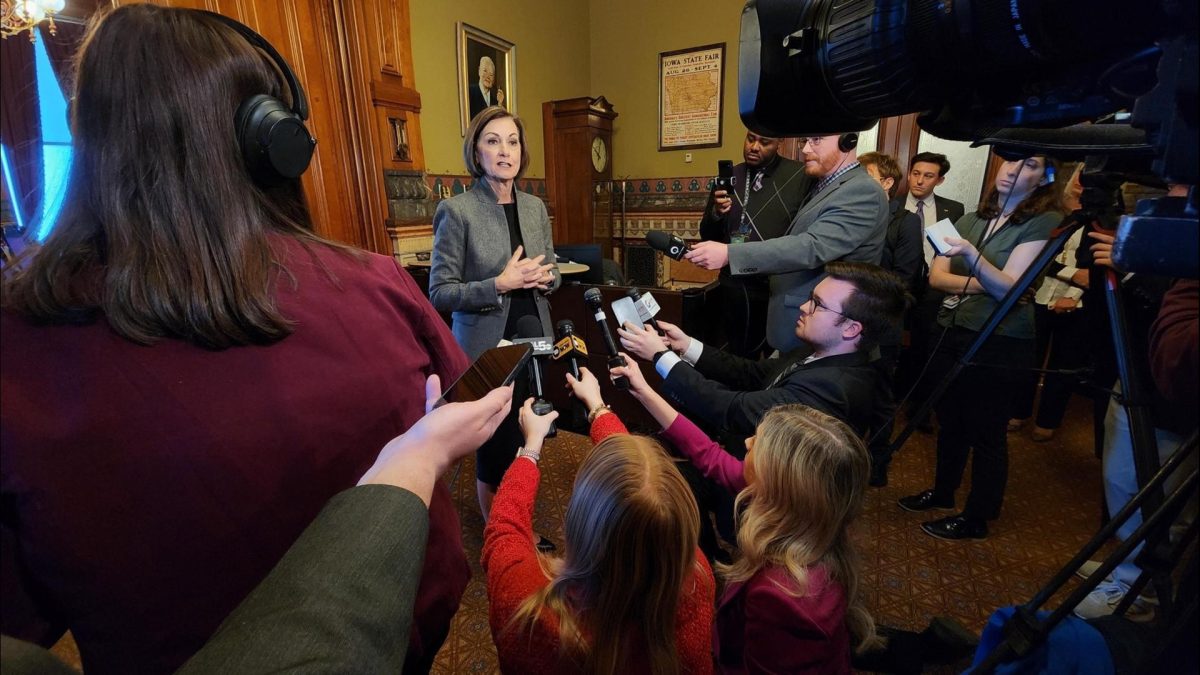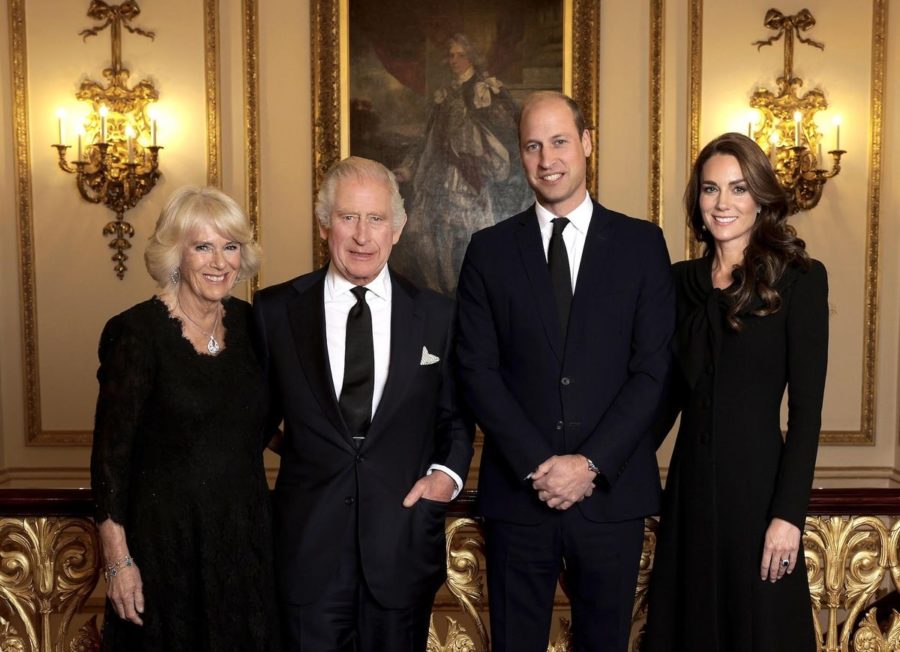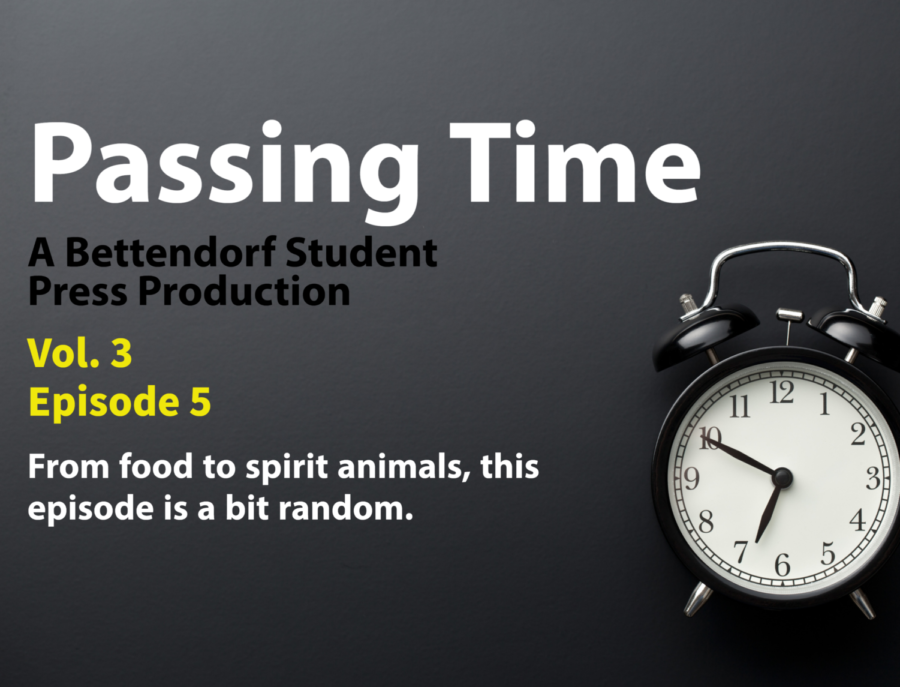British universities provide more benefits than American colleges
February 8, 2023
For high school students, the future is a concerning thought, especially those who choose to pursue degrees. Thoughts of student debt, cramped dorms, and never-ending anxiety of whether the end product is even worth the process, attending university is the next chapter in the exhausting book of academia.
But it can be even worse for those who are the first generation to attend college or aren’t fully aware of their options in further education. And for students who want to travel, it can make college even more costly.
Though there is another option, one that I stumbled upon amid the COVID-19 pandemic, and committed to for the rest of my high school career. The idea can sound posh and expensive, but hear me out. For those who want to experience different cultures or want a cheaper alternative to an American college, then follow me to the United Kingdom.
Confused? Don’t worry, so was I.
Going abroad for the entirety of your degree is daunting, and doesn’t sound like a cost-effective option, especially for those who already plan to take out student loans. But let me explain what it means to go overseas for a bachelor’s degree, and if you’re still interested, I can show you where to get started.
For those who aren’t aware, Britain contains four countries: Scotland, Northern Ireland, Wales and England. I’ve browsed through plenty of universities in the United Kingdom, and each country has its own culture, history and sense of self.
But as a whole, Britain is known, universally, as one of the best in high-quality education, and their degrees are global, meaning they are recognized in every nation. Each year, independent organizations test and rate each university on how well they are meeting modern standards, so the UK never falls behind.
British universities also tend to focus on work-oriented skills, teaching courses that will help students gain an edge in their field and cultivate network connections. And unlike some countries, the United Kingdom allows students to work during their studies, up to 20 hours a week.
But one of the best aspects of a British degree program, in my opinion, is that undergraduate degrees take three years to complete, instead of the normal four, as students who meet the academic standards don’t take general education classes. Additionally, postgraduate degrees only take a year, so students won’t have to pay for two years worth of tuition. The only exception to this practice is Scotland, which has the typical four-year process for undergraduates.
The tuition for British universities is often equal to a private university or out-of-state college, with the average tuition falling at 30,000 per year. But through research, cheaper universities can be found; for example, my Welsh university tuition is set at 15,000 a year.
The cost of living is also cheaper on average in Britain, compared to the United States, with the average cost landing around 12 thousand a year. One major perk of living standards is universal healthcare, which international students are eligible for when they land in the UK.
There are also plenty of scholarships available to international students, with 20 thousand students receiving financial aid from Britain itself. After foreigners are done with their studies, the United Kingdom offers the ability to stay in the country, as long as they’ve been given a career opportunity with reasonable pay.
Lastly, while researching universities, check their mental health services and international student support. Britain is second in the world for international students and to keep their reputation positive, they continue to check in on foreigners, to ensure they are feeling comfortable while away from home.
If you’re ready to study overseas, let me point you in the right direction. American students apply to British universities through UCAS, an easy-to-use program that allows five choices and will send applications to each university on behalf of the applicant.
UCAS will have you fill out your education, work experience, and personal information, along with writing a “personal statement” which is similar to a college essay, but more focused on why you want to study your chosen degree and what you plan to do after graduation.
The United Kingdom is a standard for academic excellence and popular with foreigners, so if you’re willing to move, Britain is willing to give you a home.





























